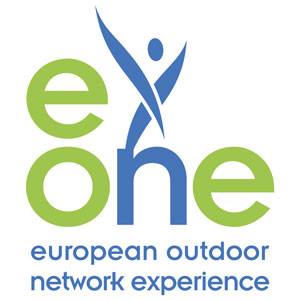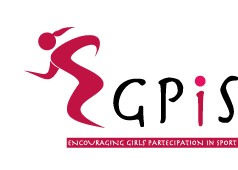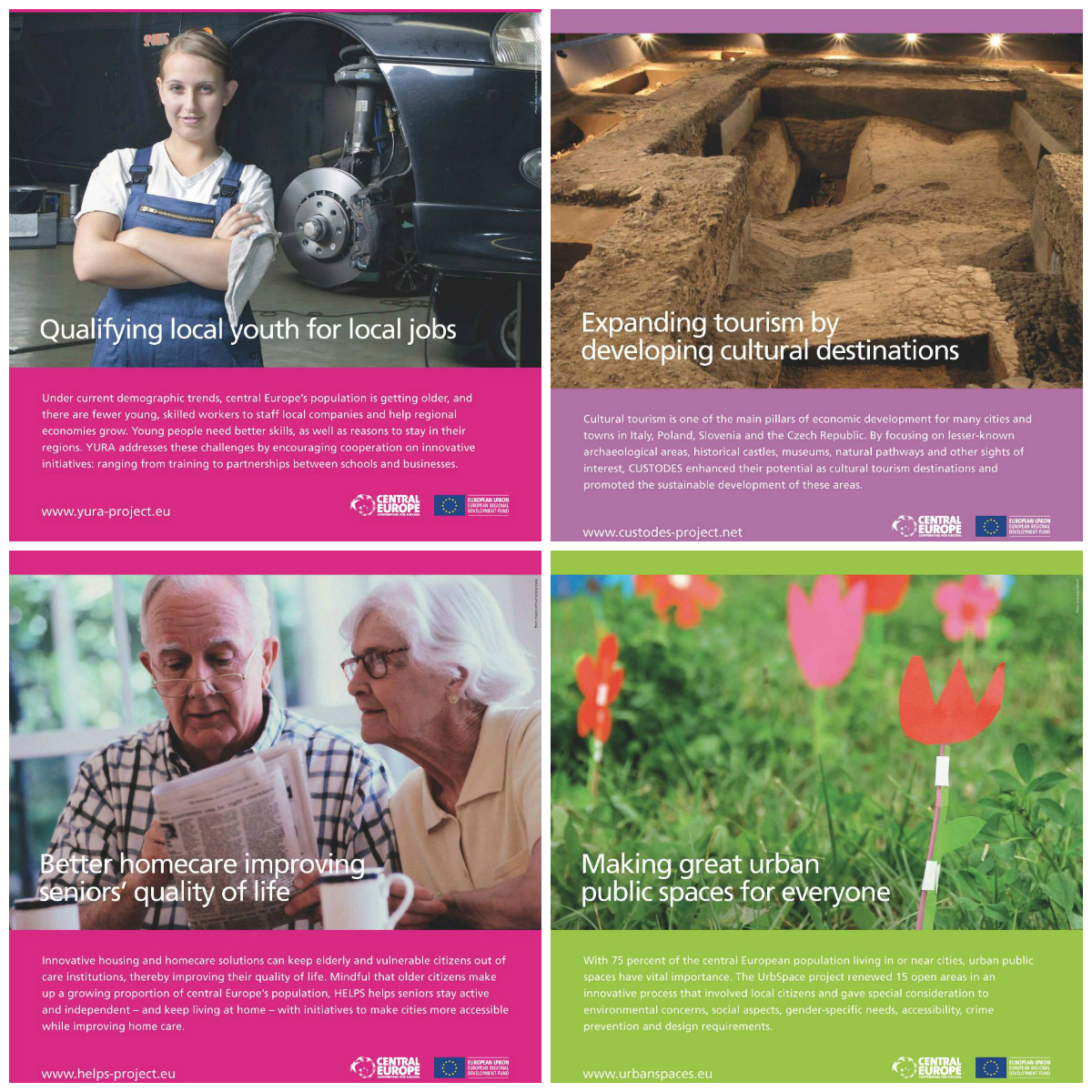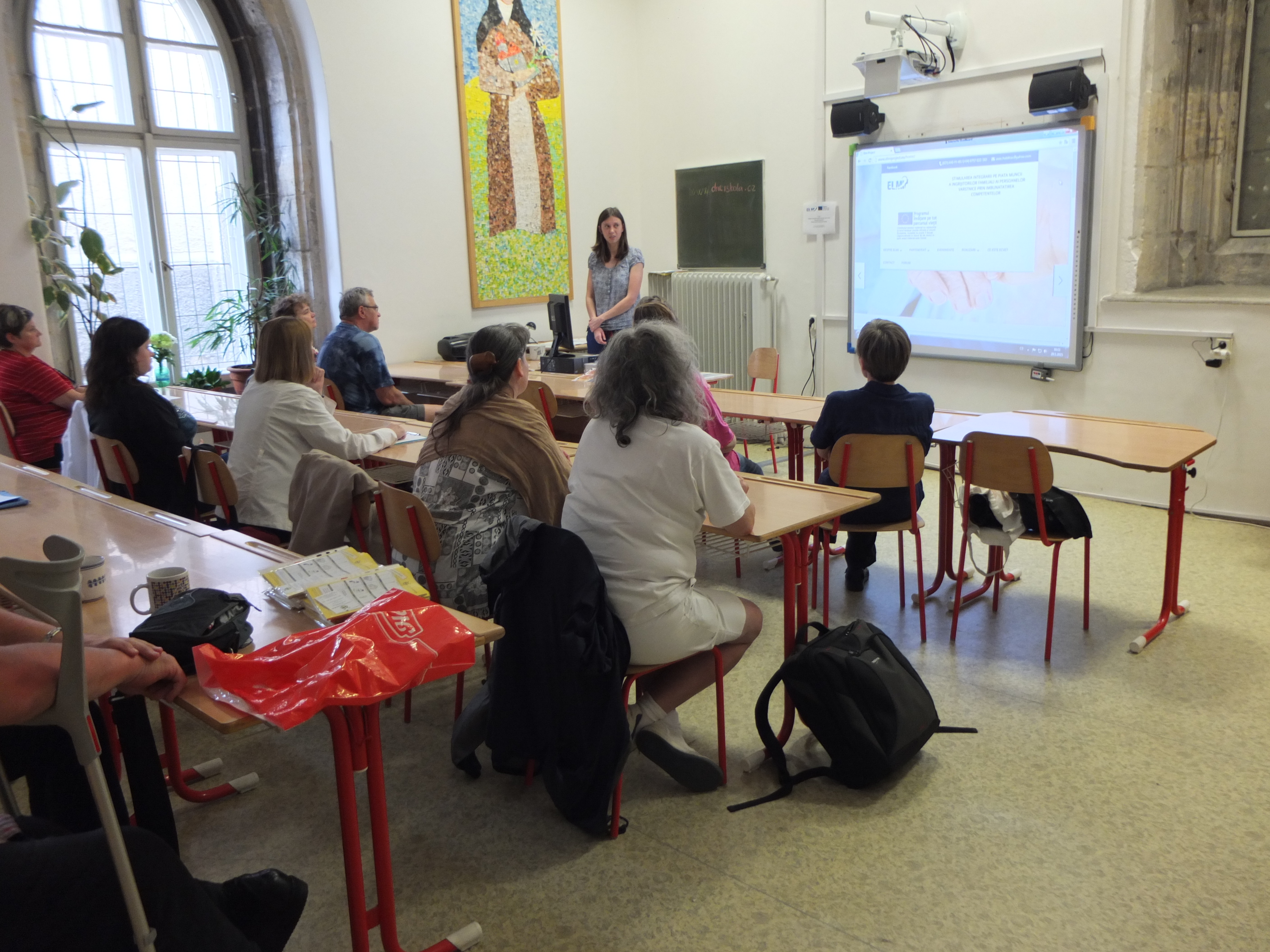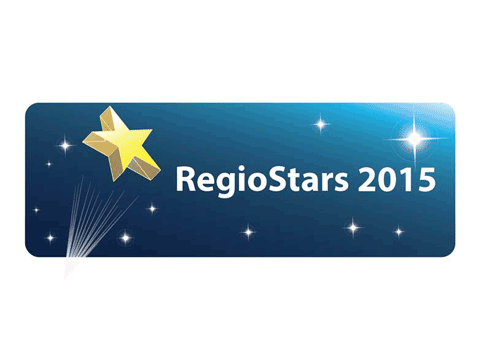On the 3rd of May, the European Development Agency and one of our clients – members of the Partnership Network, the Municipal District of Prague 9, received a very important and good news: the Procure network, in which Prague 9 is directly involved, got approved for the second phase of URBACT III programme.
URBACT III: the cities‘s collaboration to solve urban common problems
URBACT III supports European towns and cities in different thematic areas and through different funding schemes. One of these schemes is the so called Action Planning Networks. Only 20 Action Planning Networks got approved for the second stage of implementation; their main goal is to ameliorate the ability of cities to manage sustainable urban policies and to increase the capacity to conceive integrated strategies for sustainable urban development. The perspective is to improve local policies through concrete action planning. The 20 projects which got approved are especially focused on regaining unused urban assets, supporting local businesses and entrepreneurship so as to encourage local employment, facing urban problems such as the efficiency of public services and policy responses, supporting sustainable transports, caring for the food chain and increasing cities’ resilience.
The are two more types of URBACT networks which can be joined by cities: the Implementation Networks, that support cities with the delivery of an existing integrated urban action-plan, and the Transfer Networks, which help cities in adjusting a good-practice to improve their urban policies.
The URBACT programme is co-financed by the European Regional Development Fund. Its calling is to push cities to work together and to elaborate integrated solutions to common urban problems.
The PROCURE project: building up a good local economy through procurement
European cities impulse regional growth, innovation and employment creation. Wherefore, towns and cities of all sizes across Europe have a decisive importance in bettering the quality of life for citizens; local economies are fundamental to local economic prosperity. However, because of the 2008 crisis, cities are not facing an easy situation: insufficient financial resources to supply services, unemployment and inequality.
A possibility to help local economies to grow is by stimulating local purchasing and spending with local businesses. Governments and other public authorities pay up abundant amounts of public money buying works, goods or services through contracts with suppliers (“public procurement”). Evidently, in a hard financial moment like the current one, it is necessary that they get the most benefit out of the procurements, not only in terms of value for money but also in terms of being eco‐friendly and socially responsible. But, although public and „anchor“ institutions are spending a lot, much of this consume does not remain within the local economy. Moreover, for cities, it is hard to innovate within the procurement process as it is considered extremely bureaucratic.
The policy question therefore is how to influence this economic power, handled through procurement, to guarantee that as much as is possible is spent locally and in such a way that it can deliver economic, social and environmental advantages for the local economy and its population, instead of using it as a simple way for purchasing goods and services.
There are many possible solutions that cities could employ, but towns on their own may not have the resources, the capability or the necessary information to implement these new ideas. That is why collaboration and exchange of expertise in Europe are two fundamental elements, and this is precisely the ambition of the Procure project: to create a good local economy through procurement.
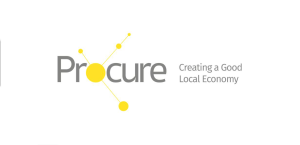
The Procure project involves 11 partners all over Europe: the city of Preston (UK), which is the lead partner, the cities of Albacete and Candelaria (Spain), the city of Almelo (Netherlands), the cities of Koszalin and Lublin (Poland), the metropolitan city of Bologna (Italy), the city of Koprivnica (Croatia), the city of Nagikallo (Hungary), the District of Prague 9 (Czech Republic) and the County of Satu Mare (Romania).
The cities’s profiles have been deeply analysed in order to build up specific objectives and activities of the project. The main identified challenges in the involved cities are: the lack of awareness among local business base of opportunities, a bureaucratic and rigid national level law, the suspicion of corruption in procurement/risk aversion, the rigid judgement beyond price in procurement decisions, the internal procurement inexpertise and incapacity.
Therefore, the Procure network established three objectives: to supply a wider understanding of procurement and of which achievements are viable and which are not; to change procurement cultures; to optimize the economic, social and environmental towns’s benefits of procurement.
In order to accomplish all these objectives, 8 transnational and thematic meetings are planned: the first is going to take place in June 2016 in Lublin and here partners are going to discuss about law and regulations at a European and national level and about the possible cities’s actions concerning procurement innovation. The second meeting is planned for September 2016 in Satu Mare; it is going to concern the way to develop a procurement strategy and partners are going to line out where a local procurement spend goes. The third thematic meeting is going to be held in Albacete in December 2016 and it will focus on developing and using social criteria in procurement. The following meeting is going to take place in Koprivnica in March 2017 and it will focus upon how local businesses and SMEs can be more efficiently engaged with procurement and how awareness can be reached. The fifth meeting is going to be held in Candelaria in June 2017 and in this case the topic will concern the development and the practice of environmental criteria of procurement. During the meeting in Koszalin, planned for September 2017, partners will discuss about the way in which cities can constantly monitor the impact of their procurement decisions and spend. The seventh meeting will be held in the district of Prague 9 and partner will review the Integrated Action Plans draft. The conclusive meeting is planned for 2018 and it will take place in Bologna.
Thanks to EUDA, the district of Prague 9 is going to receive 33 950 € from the ERDF (85 % of the total budget of 48 499 €) in order to face the above mentioned challenges.
Before of URBACT III: URBACT II
The participation of this Czech Municipality in a successful URBACT project is considered a huge achievement, also considering that, from the first implementation of the URBACT programme in 2002 until now, just 10 Czech cities contributed to a successful URBACT project.
In the past, the European Development Agency helped another client to get involved in a URBACT project: the municipality Ústí nad Labem participated into the PREVENT project, which was focused on early school leaving. Basing on the local context and needs, the municipality of Ústí nad Labem built up the Local Education Plan, the main output of the project, in which it is underlined the importance of the collaboration between schools and families in order to prevent this social problem and all its social costs. Main measures included the creation of a Platform for meetings of schools, the improvement of the school climate through the encouragement of professional occupations at schools and the truancy prevention.
EuDA has a notable experience in the international pattern and has leaded and coordinated many large-scale projects funded by the European Union. Some successful implemented projects include Erasmus Work Placements Consortium with two top Prague’s universities, organization of PLM mobilities (Transnational Placements in Enterprises) within the Lifelong Learning Programme, the DENS Project (within the PROGRESS Programme), Key Roma and I am Roma Projects, Current Trends in Social Innovation Project and Active Ageing Project within ESF Programme, four innovation projects in the Central Europe Programme (ACCESS, BICY, E2BEBIS and CENILS) and others.
If you want to get involved in URBACT, notice that there is a call for Implementation Networks going on with deadline on 22/06/2016!

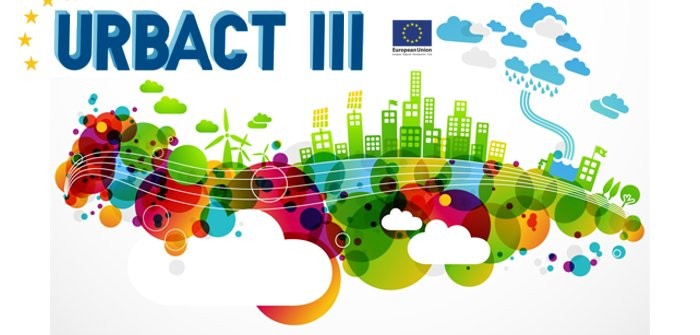

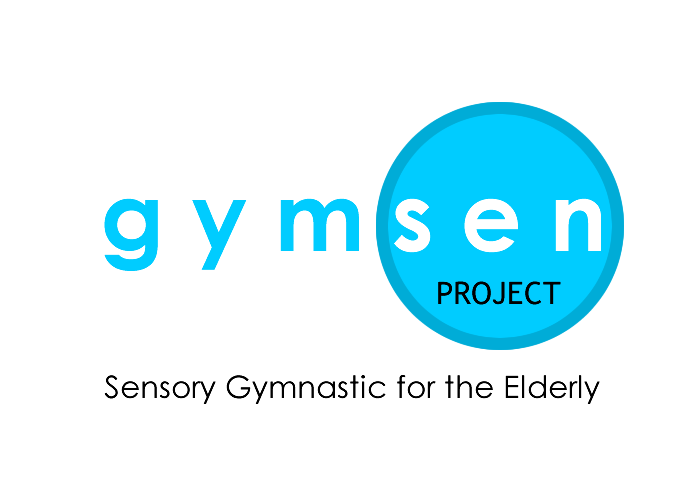
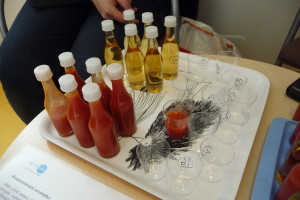
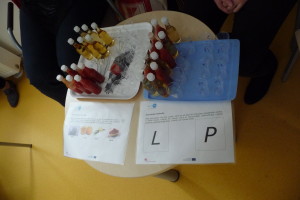
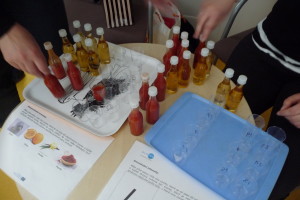
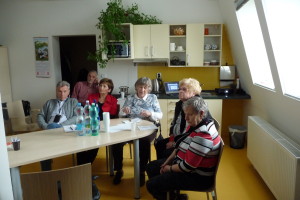
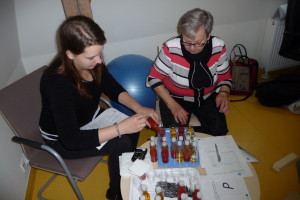
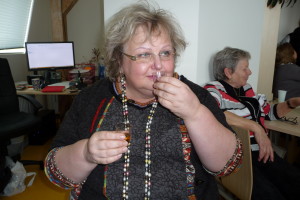


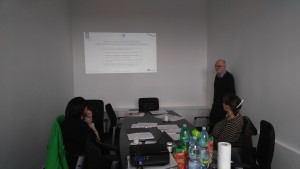
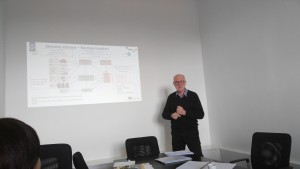
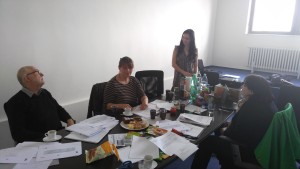
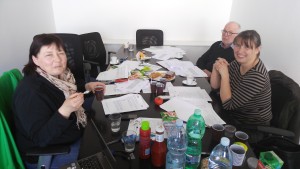
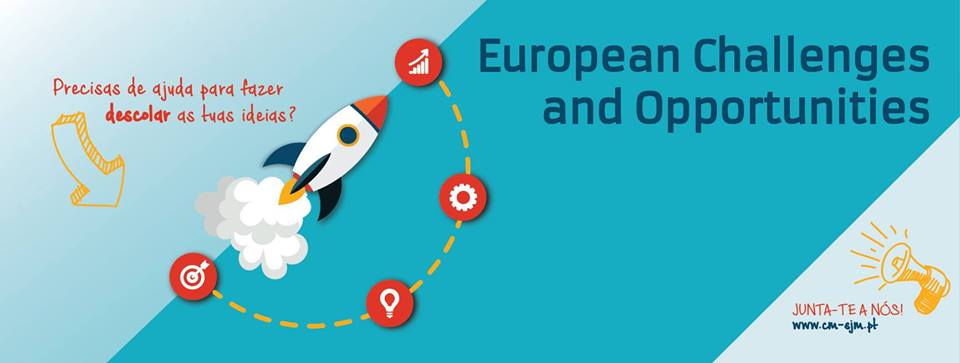

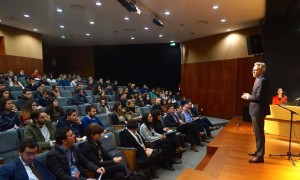
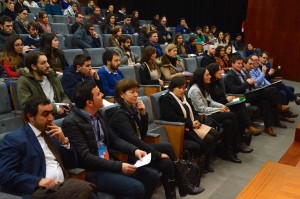
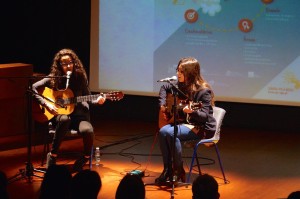


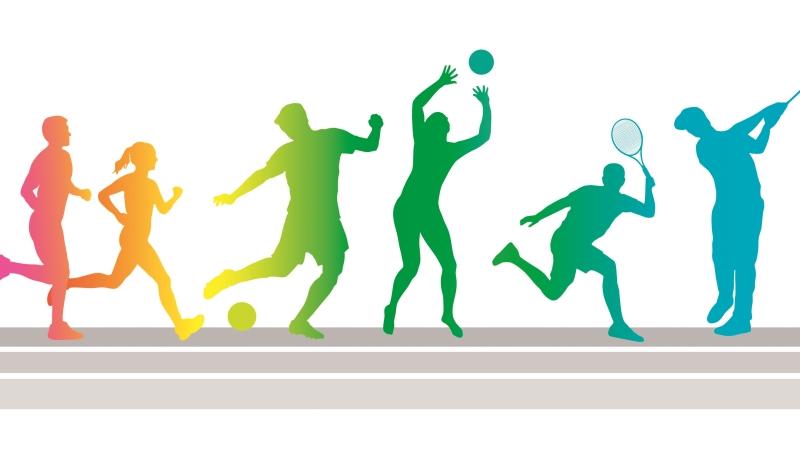 The
The 